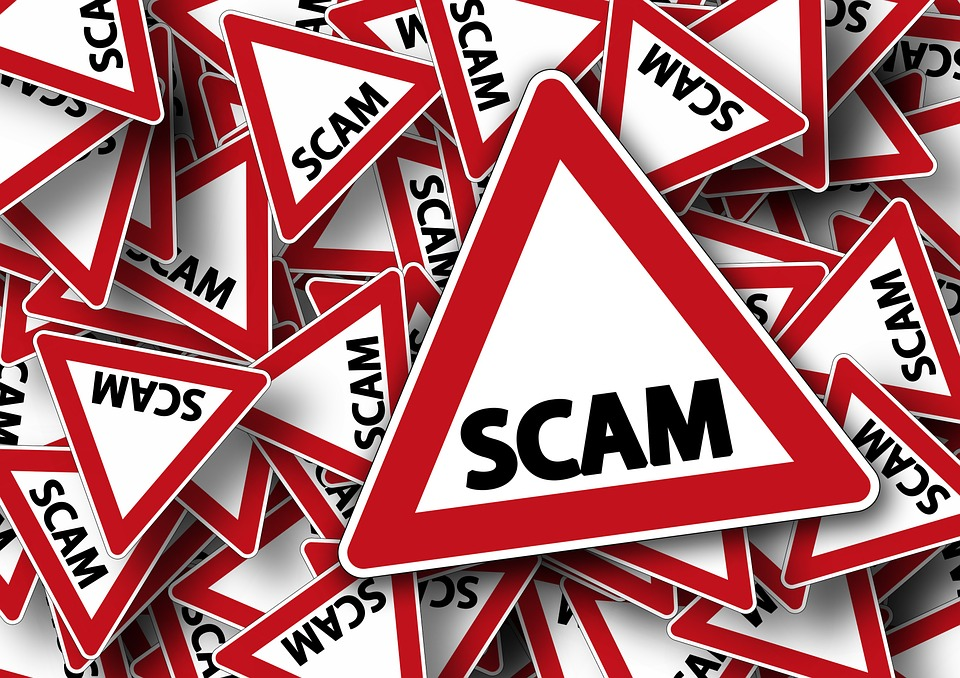Coronavirus is threatening the health and well-being of hundreds of thousands of people around the globe, and some estimates expect the virus to cost more than $2.7 trillion in lost economic productivity.
With more than 1,000 cases confirmed in the U.S., the coronavirus outbreak is stoking fear among many, with stores reporting runs on health-care related products, such as hand sanitizer, face masks and household cleansers.
Now fraudsters are leveraging that fear to steal from coronavirus patients, those scared of being infected, supporters, insurers and others. Already, reports are rolling in of phishing scams using official Centers for Disease Control and Prevention logos to try to steal personal information of unsuspecting individuals or to sell “scam” products.
Coronavirus scammers are channeling schemes similar to those perpetrated in the wake of natural disasters, including:
- Charity Fraud: Unscrupulous individuals create fake charities or charitable causes and solicit donations from those wishing to help victims recover.
- Phishing and Identity Theft: Bad actors scour disaster damage for personal information left behind and use it to steal a true victim’s identity.
- Theft via Scam products: People sell low-quality or imitation products. In light of the coronavirus outbreak, this could mean lower quality health products.
CPA fraud experts are well qualified to help clients and the public in general navigate these potential scams and avoid being targeted. They offer these tips:
- Be wary of emails, calls or text messages requesting donations from government and health care organizations. Many fraudsters use CDC, World Health Organization and other seemingly legit logos to steal money and personal information.
- Watch out for miracle cures or preventative remedies. Some scammers are trying to sell fake cures, vaccines, masks or test kits. Only purchase materials from reputable sellers or manufacturers.
- Be on guard if you receive a phone call or text message from unknown individuals asking for donations; independently verify the organization by searching for them online. Or focus charitable efforts on well-known organizations.
- Look for missing on unfamiliar bills that could indicate identity theft.
The American Institute of CPA’s Forensic and Litigation Services Fraud Task Force works to stay ahead of all types of scams and fraud, including those commonly associated with disasters and outbreaks, like the coronavirus, and it offers ways CPAs can help protect their clients.
Learn more about how CPAs can help clients deal with disaster fraud and avoid becoming scam victims. Read “Preventing Disaster Fraud – The winds of Change.”
Thanks for reading CPA Practice Advisor!
Subscribe Already registered? Log In
Need more information? Read the FAQs




